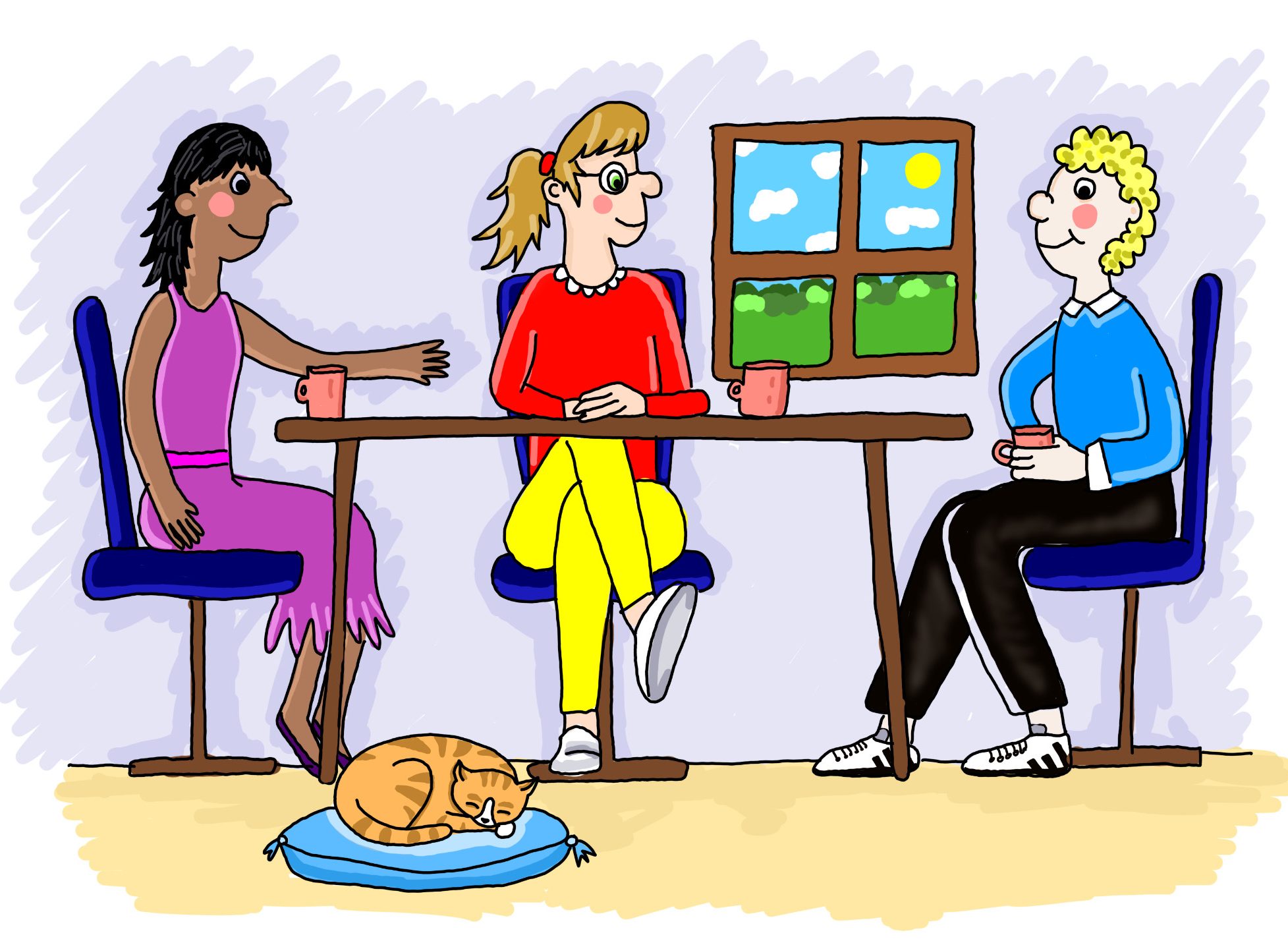Does the Mediator make decisions?
No. The mediator never takes sides or tells the parties what to do, but helps the participants reach a solution that they are happy with which is then drawn up into a written agreement.
What is the Mediators role?
A mediator is an independent and impartial person who acts as a facilitator to help parties to resolve a dispute. They do this by using a combination of negotiation, problem-solving and communication to enable the participants to identify and acknowledge the core issues that are in dispute so that they can take ownership and resolve them.
A mediator is not there to judge, or to say that one person is right and the other is wrong, or to tell those involved in the mediation what they should do. Mediators are completely independent and so can be trusted by both parties. A mediator does not have a stake in either the dispute or the outcome. They are in charge of the process, not the outcome.
What are the key features of SEN Mediation?
- The mediation process is facilitated by a mediator who has knowledge and experience of the SEN system.
- The mediation process is private & confidential – unless agreed by the parties, what is discussed during mediation remains private and confidential. Information cannot be shared and both parties will be required to sign a confidentiality agreement prior to the commencement of the mediation. Any information provided to the mediator in a private meeting with one party will be kept confidential unless it is agreed that it can be shared with the other party;
- Change of focus – mediation looks forward and end encourage parties to move on from the history and focus on the future;
- User Friendly – Mediation is not and should not be treated as a quasi-judicial process. It has a number of distinct advantages over the court process:
- It provides remedies for resolving disputes that may not be available by pursuing legal proceedings;
- It is informal and flexible allowing for a combination of joint and individual meetings;
- All parties participate and it is not coloured by “legal speak” or involve cross examination;
- It is quick to arrange and child focused;
- It allows parties to be open, provide their views and air strong feelings in a neutral setting directly to each other;
- Avoids unnecessary legal costs;
- Improves the channels of communication and understanding between the parties thus preserving relationships;
- It increases the chances of a mutually beneficial outcome for all parties;
- It does not require you to disclose everything;
- It is much less stressful than going to court.
When should SEN Mediation be used?
Mediation can be used to resolve a wide range of different types of disputes and ideally it should be used during the early stages of a dispute. If mediation is not considered until late in proceedings it may not be effective as:
- The dispute will have escalated and the parties may have become entrenched in their views;
- The parties will have incurred costs and be reluctant to pursue an alternative.
Mediation works best when people are able to listen to each other, irrespective of their positions, and are willing to work with each other to find a solution to move forward.
